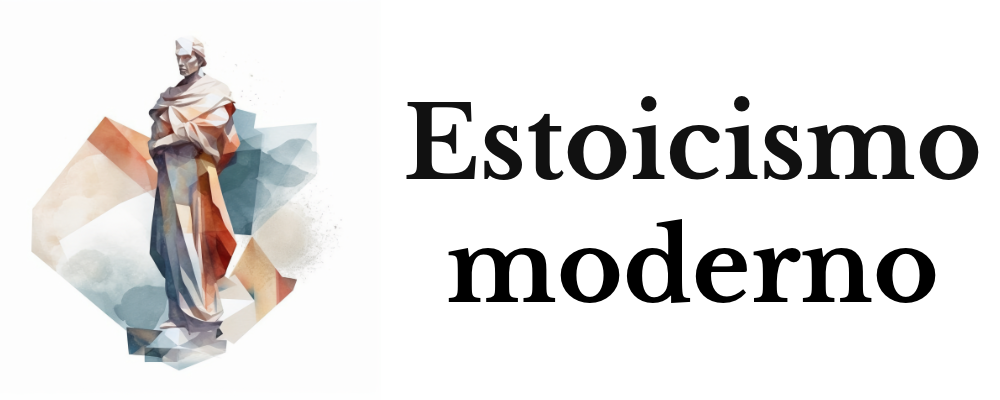In Pursuit of Happiness: Exploring Epicureanism vs. Stoicism
In humanity’s unceasing quest to understand happiness, two philosophical schools from ancient Greece emerge as beacons lighting distinct paths, yet with similarly intended destinations: Epicureanism and Stoicism. Both systems invite us to question our beliefs about the nature of happiness and the role that self-determination and personal growth play in its attainment.
Epicureanism, devised by Epicurus in the 4th century BC, posits that ultimate happiness—or ataraxia—is achieved through a pleasurable life. However, this does not entail an unrestrained hedonistic pursuit but a wise selection of pleasures that avoid future pain. Epicurus clarifies: “It is not the abundance of goods at one’s disposal that satisfies men, if they still long for what they lack.”
Conversely, Stoicism, whose chief proponents were Seneca, Epictetus, and Marcus Aurelius, emphasizes inner tranquility derived from virtue and self-control. According to the Stoics, happiness arises from aligning with nature and accepting what is beyond our control, as Epictetus teaches: “Let us not insist that things happen as we wish, but wish them to happen as they do.”
Contemporary Obscuration and the Promise of Serenity
In an era where social media and consumer society perpetuate the illusion of happiness as an external goal, it takes particular courage to turn inward in the search for tranquility. The reflections of Marcus Aurelius are more relevant today than ever: “Very little is needed to make a happy life; it is all within yourself, in your way of thinking.”
The contemporary challenge of dealing with anxiety and social pressure splits between these two philosophical thoughts. On one hand, a modern Epicurean would advocate for discerning between the fleeting pleasures that technology and consumerism offer and those that genuinely contribute to lasting well-being. It would be easy to get lost in superficial hedonism, but the true Epicurean seeks sustainable and intellectual pleasures that do not cause harm or regret.
Stoic Practicality in Modern Life
On the other hand, Stoicism equips us with tools to navigate the chaos of modern existence. In particular, the practice of ‘premeditatio malorum’, the Stoic anticipation of future adversities, prepares us emotionally and mentally to face misfortunes with equanimity. Herein lies practical advice: each day, reserve a moment to visualize potential challenges and reframe them as opportunities to exercise virtue.
The Art of Detachment
Stoicism also teaches active detachment: engaging in life and enjoying its pleasures, always mindful of our mortality and the transience of things. This frees us from anguish for the future and regret for the past, centering existence in a virtuous present. This is a powerful message for a society obsessed with accumulation and the fear of loss.
Ethical Dilemmas and the Stoic-Epicurean Response
Faced with modern world’s ethical dilemmas, such as the environmental crisis or social inequities, both Epicureans and Stoics offer valuable perspectives. Epicureanism urges us to reconsider our desires and the need for immediate gratification that compromises the future, while from a Stoic viewpoint, we might interpret these crises as external ‘impressions’ that should not disturb our inner peace but instead motivate virtuous actions in accordance with human’s rational and social nature.
Self-Determination and Internal Prosperity
Ultimately, both philosophies advocate for a degree of self-determination in constructing personal happiness. The path to internal prosperity depends on the ability to reflect and act according to our own ethical and intellectual standards.
For the Epicurean, this self-determination means recognizing that true happiness is not a sumptuous feast but rather a balanced diet of pleasures. For the Stoic, it is developing internal strength to maintain the soul’s peace amidst external storms.
Towards Philosophical Happiness
Epicureanism and Stoicism are not merely doctrines of a distant and abstract happiness but are roadmaps with specific directions to navigate the complexities of the human condition. Adopting their teachings does not mean one has to necessarily lead the life of an ascetic or monk but rather to engage fully in the world with a clear mind about what happiness means and how it can be achieved.
Philosophical happiness entails a life of examination, not devoid of pleasure nor immune to adversity, but always imbued with a deep sense of purpose and rational self-correction. This is the type of happiness that both Epicurus and Seneca found worthy of human existence; not ephemeral nor dependent on circumstances, but happiness rooted in the richness of the inner being and in the practice of virtue.
Embrace this day as the one where you choose a life of reflection over impulsiveness, serenity over anxiety, and let the journey you embark upon be less about the conquest of the external world and more about the exploration and cultivation of your own inner garden.







